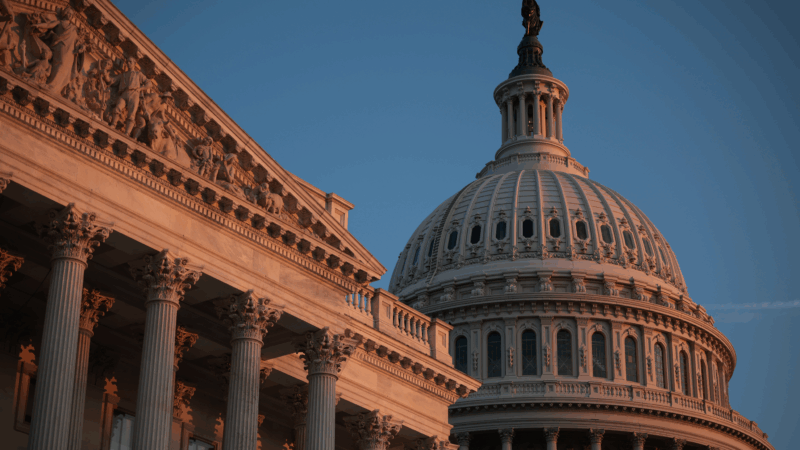Opinion: My hometown pope
Yes, I cried when I heard that Pope Leo XIV is from Chicago. And I thought of St. Peter’s Church in Chicago’s Loop, where I used to go to Mass now and then.
It was usually a 5:30 Mass. Many attending were cleaning and maintenance people, already in their work clothes. They stopped in to pray on their way into work, as suit-wearing office workers from the skyscrapers passed them, heading home.
Marta, a cleaner in our office building, had told me about what was called “the cleaning crew Mass.” Marta was from Poland. When we all recited, along with the priest, “I believe in God, the Father almighty, Creator of heaven and earth…” you could hear accents around us from all over the world: Poland, Mexico, Italy, China, Lithuania, Ireland. It put a glimpse of the world into our words.
The Masses were not large. And so they felt personal, and the faces became familiar. Most of us were on our own, like Marta, stopping in to pray before her worknight began, or like me, at the end of a workday. When we gave one another the sign of peace—that part of the Mass where people reach out to those around them, clasp their hands, and say, “Peace be with you…”—I sometimes wondered where else could you share such a poignant moment with people from all over the world? We might have all prayed for different things, but wished each other peace in our lives.
I remember, too, the joy that Marta and others from Poland felt when Pope John Paul II, the first Polish pope, came on an official visit to Chicago, in 1979. I put a rosary from Marta in my coat pocket when I covered the Mass in Grant Park, and when I returned it to her, she clutched it to her chest and said, “I feel him here.”
When Pope Leo XIV came out to speak from the balcony of St. Peter’s Basilica on Thursday, I thought of that other St. Peter’s, in Chicago. The working people at those Masses today might see Pope Leo, once known on the South Side as Father Bob, and tell themselves, “He has walked among us.”
Danish military evacuates US submariner who needed urgent medical care off Greenland
Denmark's military says its arctic command forces evacuated a crew member of a U.S. submarine off the coast of Greenland for urgent medical treatment.
Only a fraction of House seats are competitive. Redistricting is driving that lower
Primary voters in a small number of districts play an outsized role in deciding who wins Congress. The Trump-initiated mid-decade redistricting is driving that number of competitive seats even lower.
Homeland Security suspends TSA PreCheck and Global Entry airport security programs
The U.S. Department of Homeland Security is suspending the TSA PreCheck and Global Entry airport security programs as a partial government shutdown continues.
FCC calls for more ‘patriotic, pro-America’ programming in runup to 250th anniversary
The "Pledge America Campaign" urges broadcasters to focus on programming that highlights "the historic accomplishments of this great nation from our founding through the Trump Administration today."
NASA’s Artemis II lunar mission may not launch in March after all
NASA says an "interrupted flow" of helium to the rocket system could require a rollback to the Vehicle Assembly Building. If it happens, NASA says the launch to the moon would be delayed until April.
Mississippi health system shuts down clinics statewide after ransomware attack
The attack was launched on Thursday and prompted hospital officials to close all of its 35 clinics across the state.






